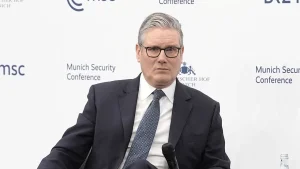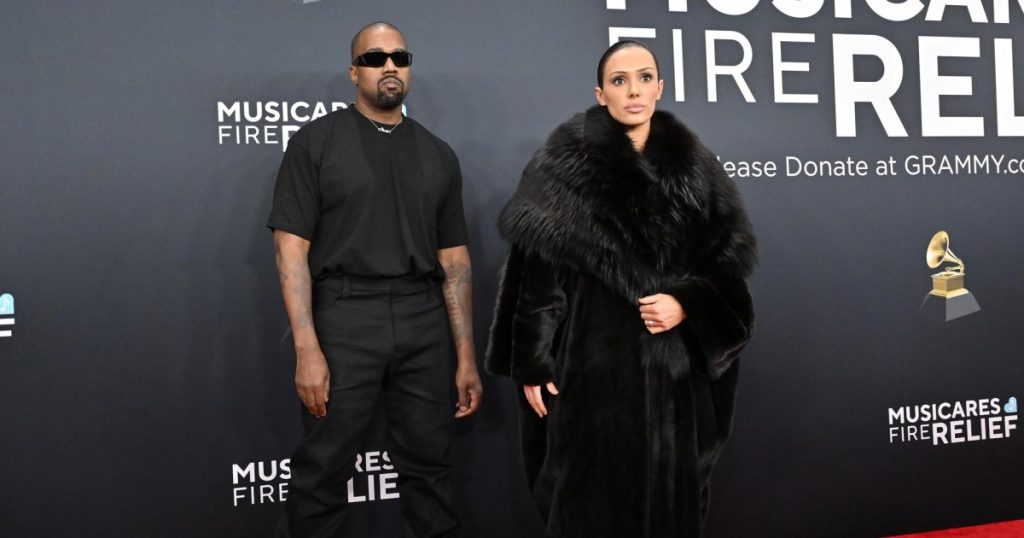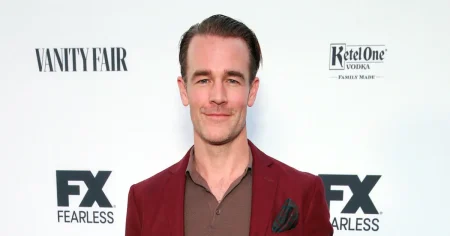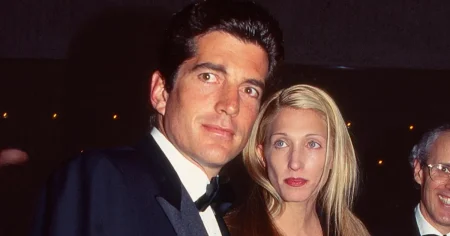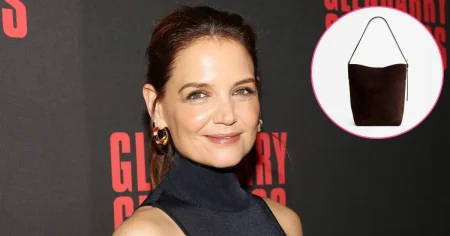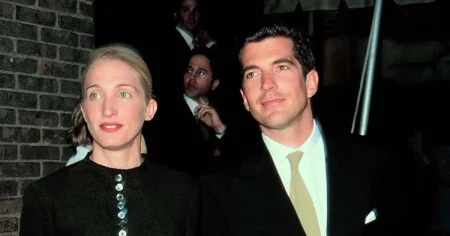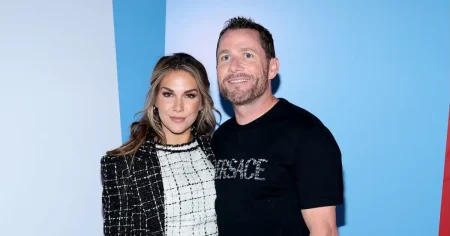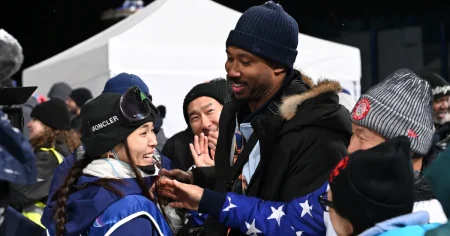Kanye West and Bianca Censori’s appearance at the 2025 Grammy Awards was a meticulously orchestrated publicity stunt, designed to capture attention and generate buzz. Their red-carpet moment, where Censori shed her fur coat to reveal a sheer, revealing dress, was entirely West’s concept. He orchestrated the scene, understanding the power of controversy and his mastery of manipulating media attention. Censori, according to sources, embraces the spotlight, regardless of whether the attention is positive or negative. The couple thrives on the public discourse surrounding their actions. The incident exemplifies West’s well-established pattern of attention-grabbing behavior, a strategy he employs to maintain relevance and control the narrative surrounding his persona.
West’s calculated approach to publicity extends beyond the red-carpet reveal. His early departure from the Grammys, before the ceremony even began, fuelled speculation about his ejection from the event. West later attributed these rumors to journalist Don Lemon, although Lemon denied the accusations. Sources close to West confirmed that the departure was pre-planned, another element of his orchestrated performance. His aim was to make a statement, ignite conversation, and then proceed to his own after-party, showcasing his ability to command the narrative and dictate the terms of his engagement with public events. The entire episode underscores West’s strategic use of public appearances as platforms for self-promotion and the generation of controversy.
The sheer dress incident was not an isolated event; it reflects a broader pattern in West’s relationship with Censori. Their relationship, which began in January 2023 shortly after West’s divorce from Kim Kardashian, has been marked by public displays of affection and attention-seeking behavior. Their “marriage ceremony” the same month further solidified their public image as a couple unafraid of defying conventions and courting controversy. This pattern suggests a deliberate effort by West to maintain a high public profile, leveraging his relationship with Censori as a tool for self-promotion and continued relevance in the media landscape.
The incident at the Grammys illustrates the complex interplay between West’s artistic ambitions and his desire for public attention. While nominated for Best Rap Song for “Carnival,” he ultimately lost to Kendrick Lamar. His red-carpet stunt, however, ensured that he remained a central figure in the conversation surrounding the event, eclipsing his loss with a spectacle that dominated headlines. This duality highlights West’s ability to manipulate the media, transforming even potential setbacks into opportunities to reinforce his public image and maintain his position at the forefront of popular culture.
West’s calculated use of controversy is a recurring theme throughout his career. From interrupting Taylor Swift’s acceptance speech at the 2009 MTV Video Music Awards to his various public pronouncements and social media outbursts, he has consistently demonstrated a knack for generating public discussion and maintaining a high level of visibility. The Grammys incident is simply the latest iteration of this strategy, a testament to his understanding of the media landscape and his ability to manipulate it to his advantage.
The incident also raises questions about the role of social media and the 24-hour news cycle in amplifying such behavior. In a world driven by clicks and shares, controversial acts often garner more attention than artistic achievements. West’s actions, whether intentional or impulsive, feed into this dynamic, creating a feedback loop where controversy breeds more controversy. His relationship with Censori, with its public displays and unconventional choices, becomes another tool in this strategy, further blurring the lines between personal life and performance art. Ultimately, the Grammys incident serves as a microcosm of West’s public persona – a carefully constructed narrative of artistry, controversy, and calculated attention-seeking behavior.

